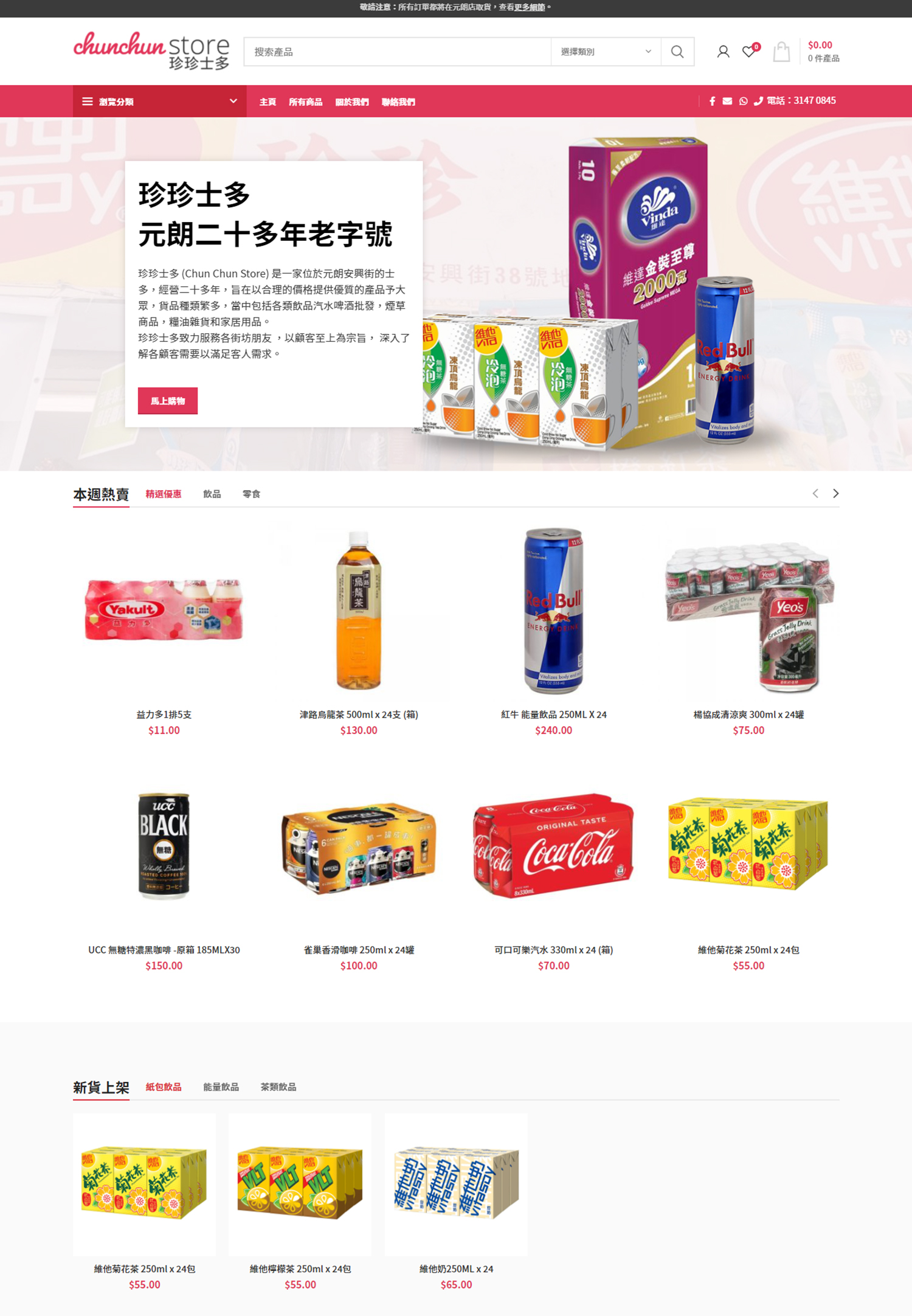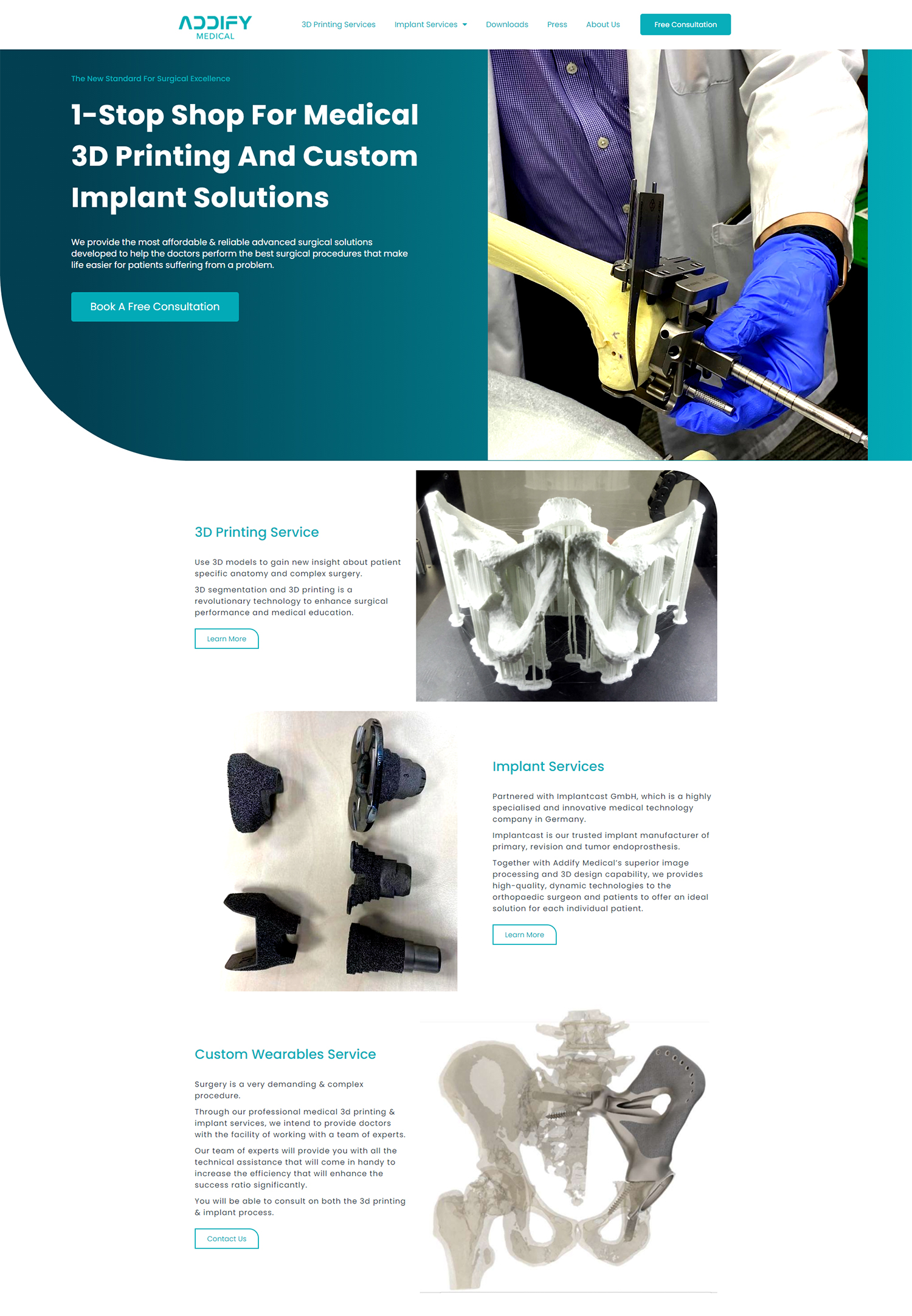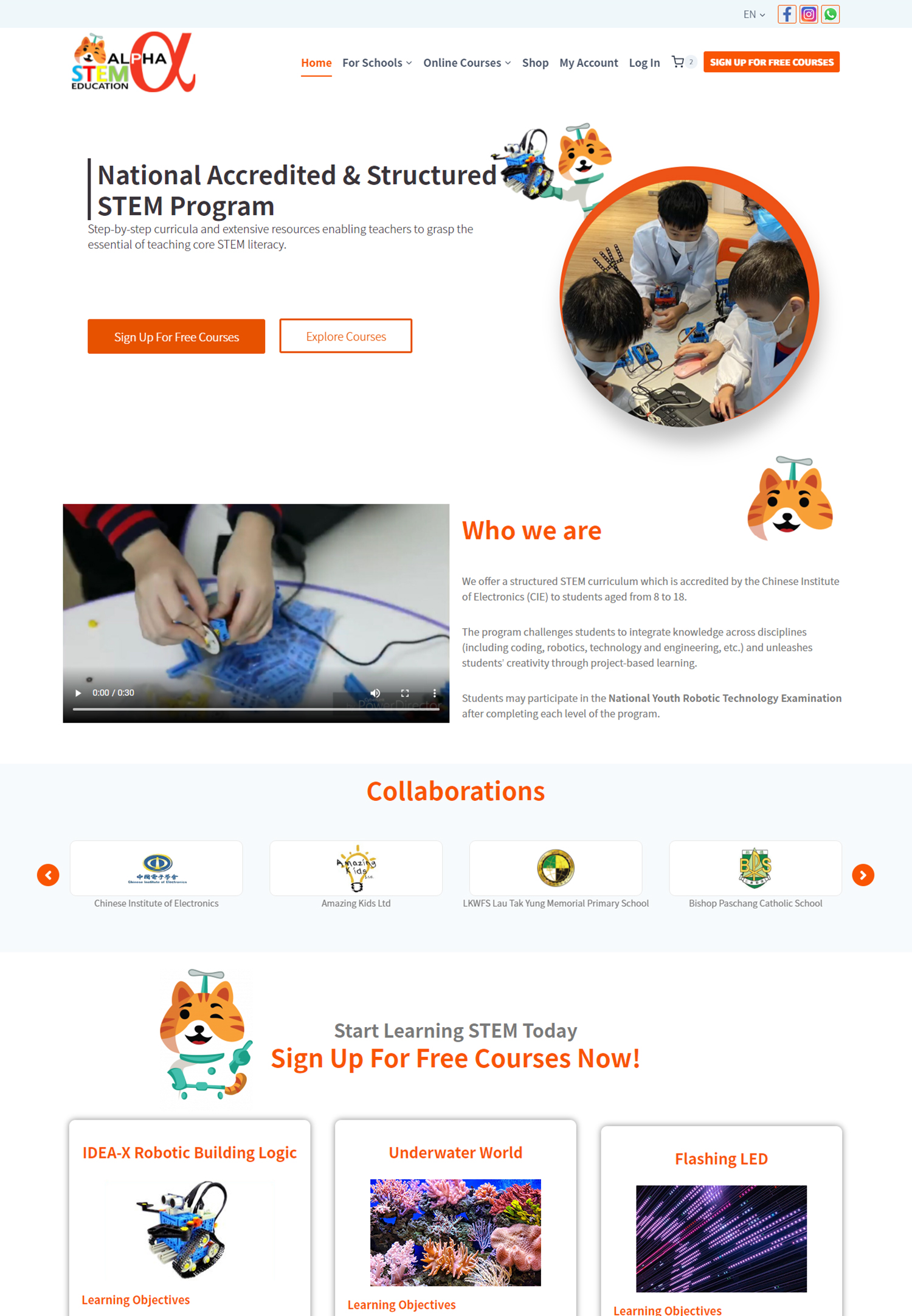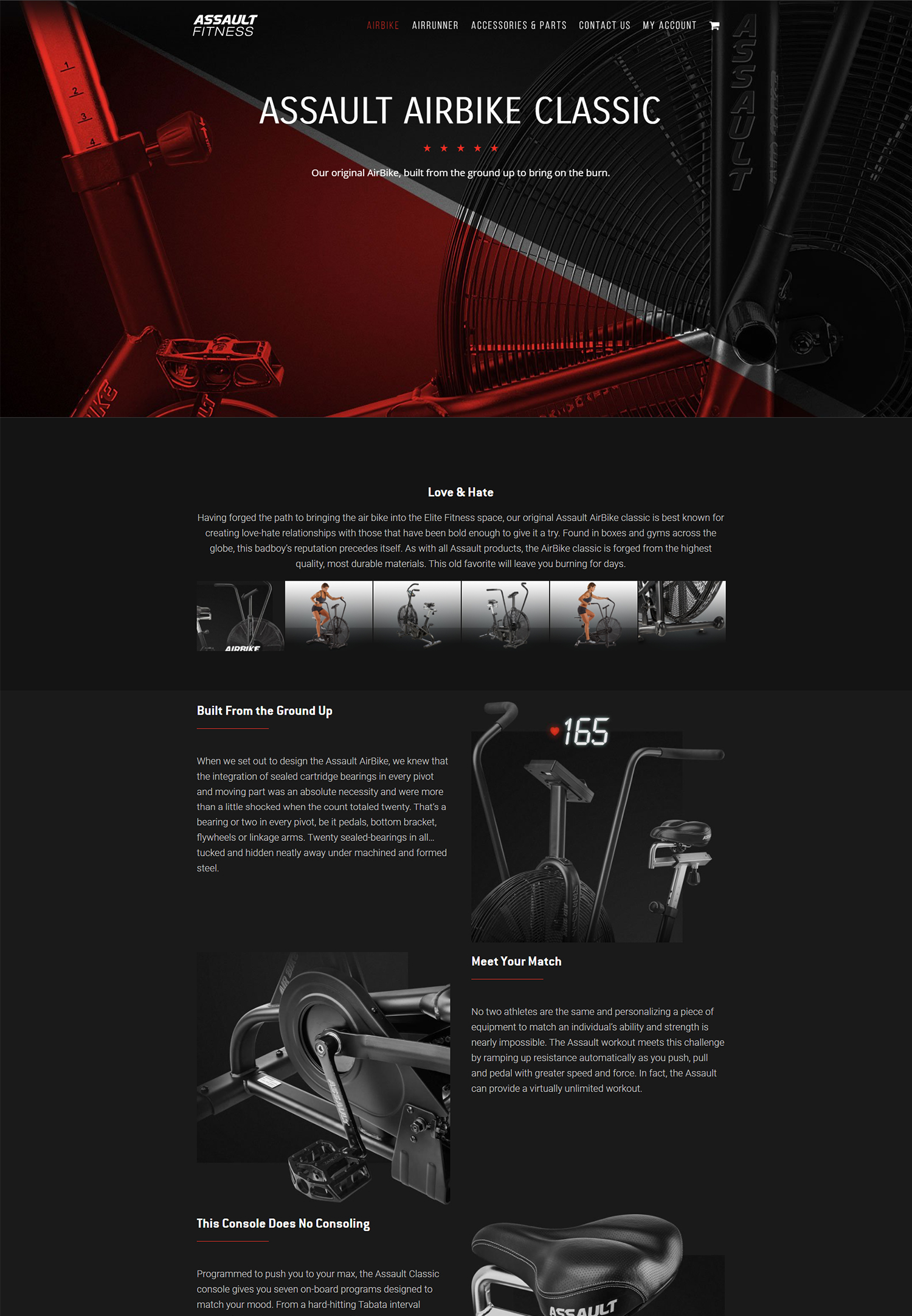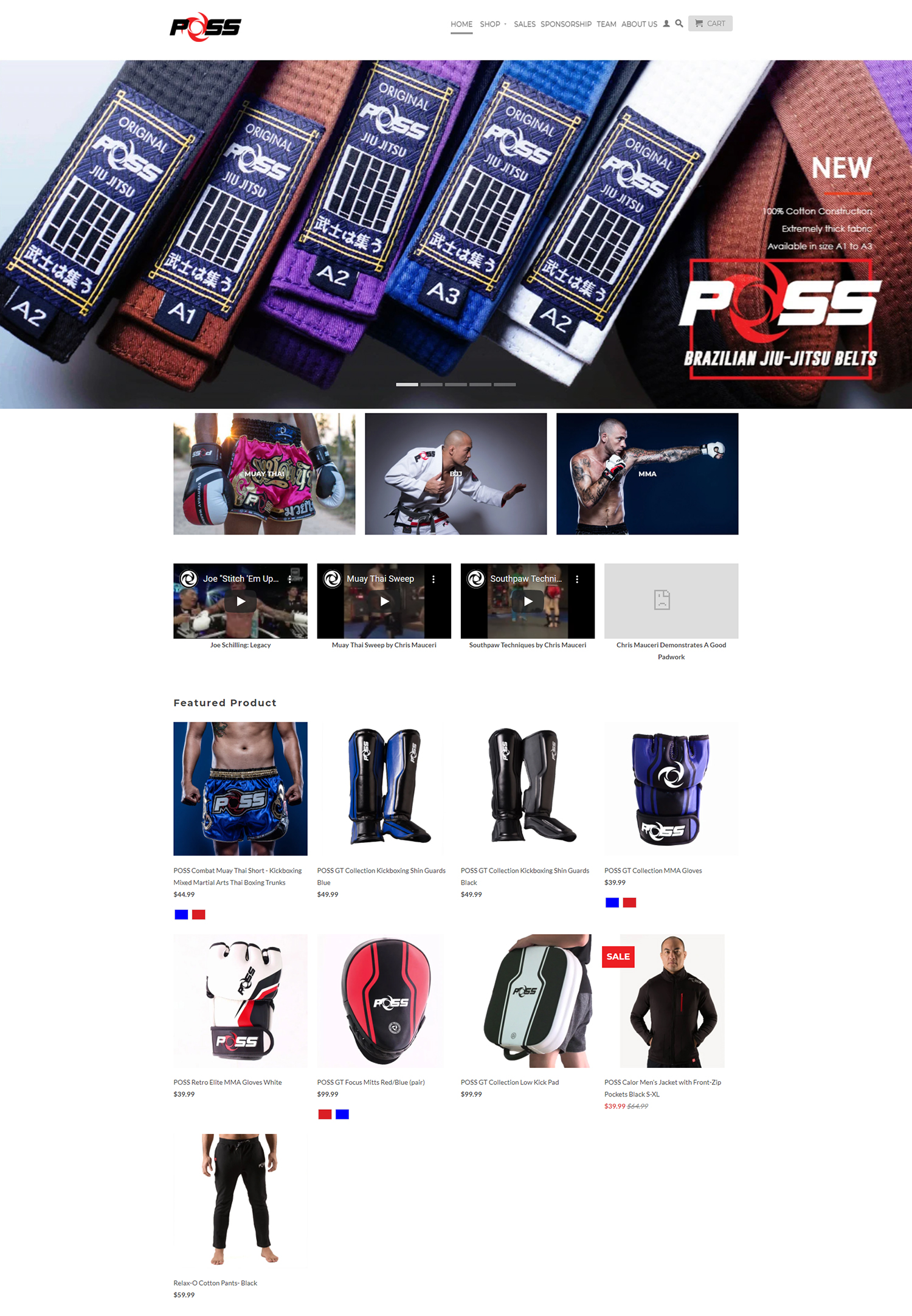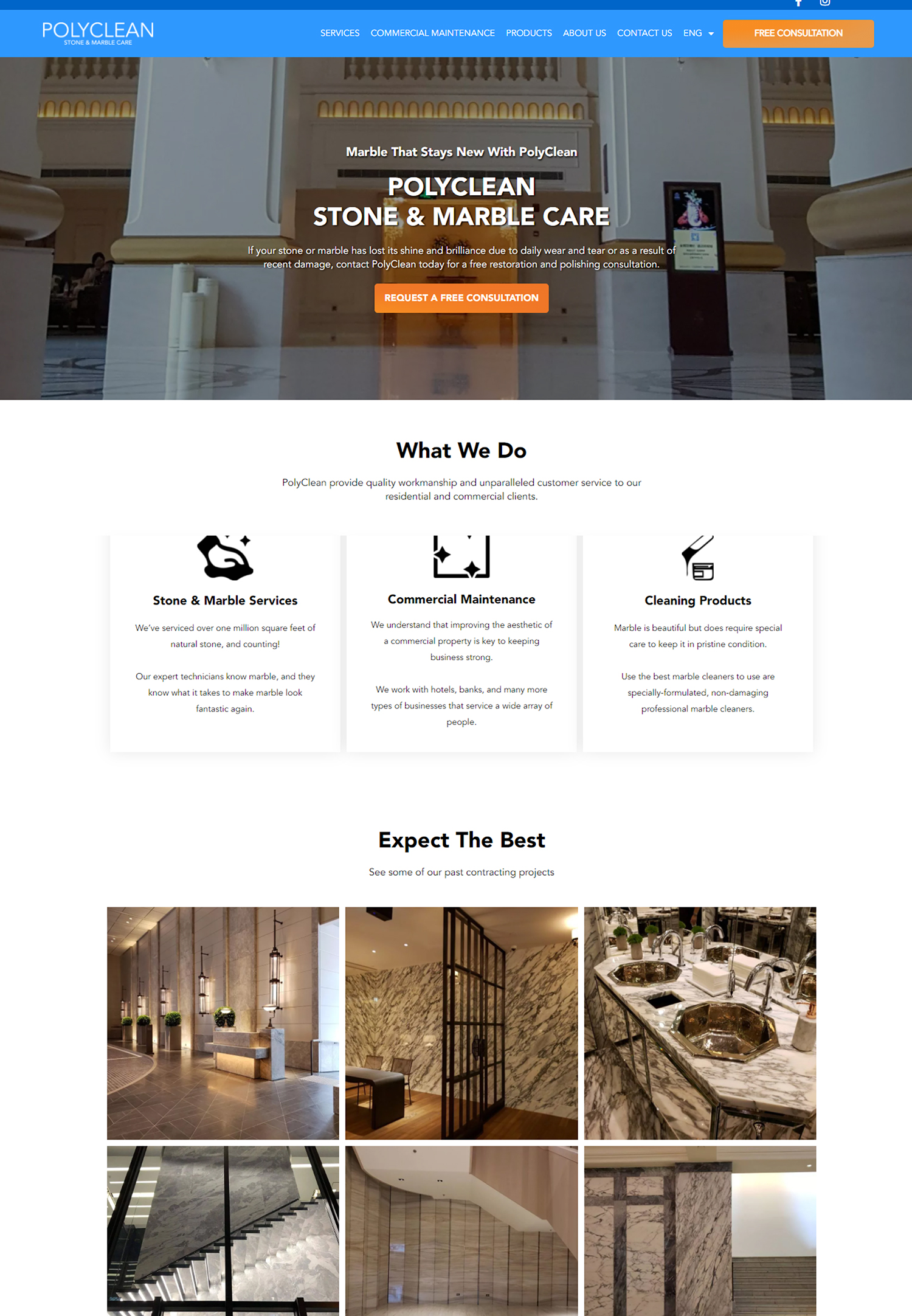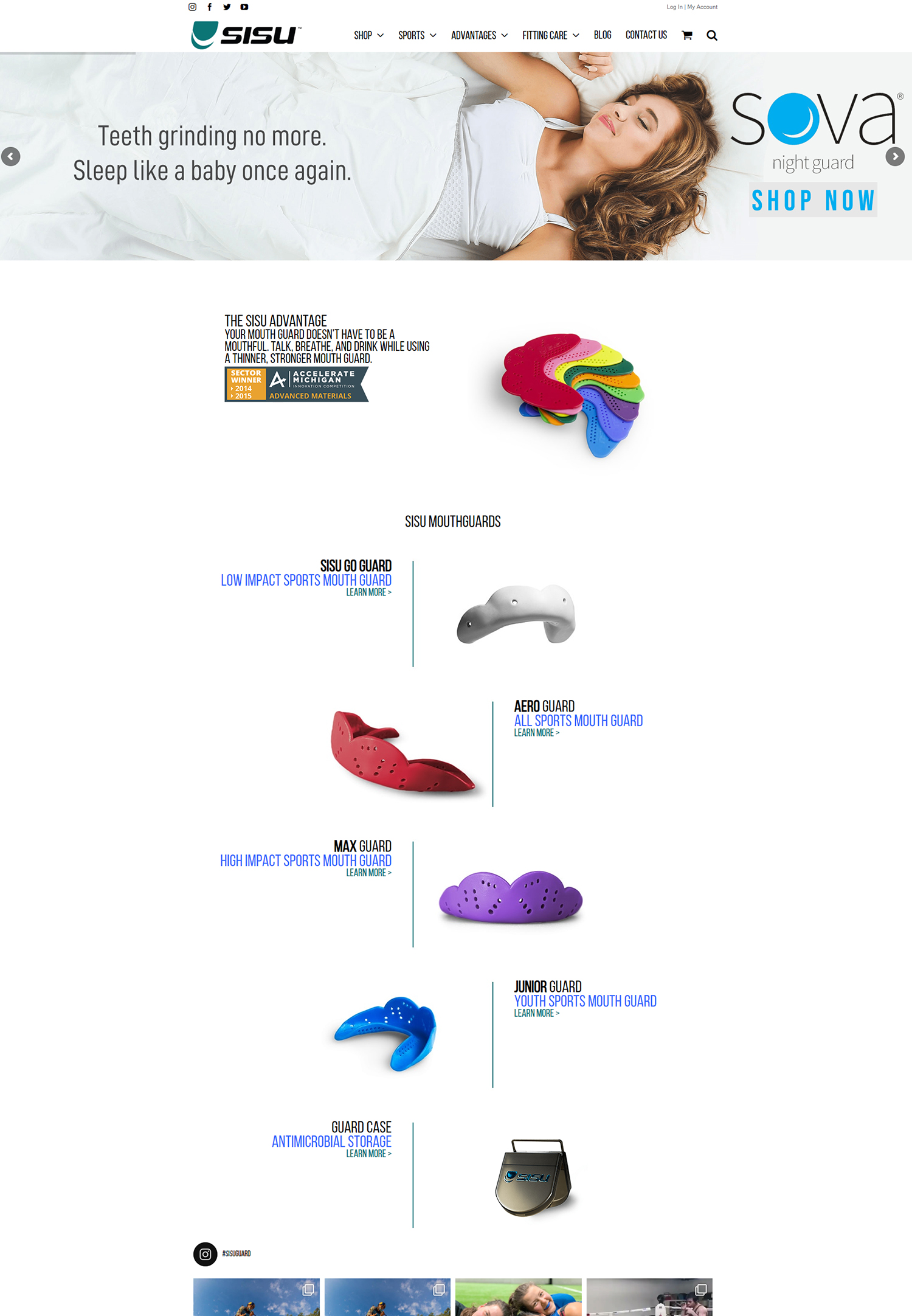In today’s digital age, the significance of internet marketing for local businesses cannot be overstated. The internet has transformed the way consumers search for products and services, making it essential for local businesses to establish a robust online presence. With a growing number of consumers turning to search engines and social media platforms to find local offerings, businesses that fail to embrace internet marketing risk being overshadowed by competitors who do.
This shift in consumer behavior highlights the necessity for local businesses to adapt their marketing strategies to meet the demands of an increasingly digital marketplace. Moreover, internet marketing provides local businesses with unique opportunities to connect with their target audience in a more personalized manner. Unlike traditional marketing methods, which often rely on broad messaging, internet marketing allows for targeted campaigns that can reach specific demographics based on location, interests, and online behavior.
This level of precision not only enhances the effectiveness of marketing efforts but also fosters a deeper connection between businesses and their local communities. By leveraging the power of the internet, local businesses can build brand loyalty and drive foot traffic to their physical locations.
Key Takeaways
- Internet marketing is crucial for local businesses to reach and engage with their target audience.
- Building a strong online presence is essential for local businesses to stand out in the digital landscape.
- Social media is a powerful tool for local businesses to connect with and attract local customers.
- Implementing local SEO strategies is key to improving visibility and attracting local customers to your business.
- Online advertising can be leveraged to specifically target and reach local customers, increasing the chances of conversion.
Creating a Strong Online Presence for Your Local Business
Key Elements of a Well-Designed Website
A well-designed website should be user-friendly, mobile-responsive, and optimized for search engines. It should clearly convey the business’s offerings, values, and contact information while also providing an engaging user experience. Incorporating high-quality images, customer testimonials, and clear calls-to-action can significantly enhance the website’s effectiveness in converting visitors into customers.
Optimizing Google My Business Listing
In addition to a website, local businesses should claim and optimize their Google My Business listing. This free tool allows businesses to manage their online presence across Google, including Search and Maps. By providing accurate information such as business hours, location, and services offered, businesses can improve their visibility in local search results.
Building Trust and Brand Awareness
Furthermore, encouraging satisfied customers to leave positive reviews on Google can enhance credibility and attract new customers. A strong online presence not only helps in building brand awareness but also establishes trust with potential customers who are increasingly relying on online information to make purchasing decisions.
Utilizing Social Media to Reach Local Customers
Social media platforms have become indispensable tools for local businesses aiming to engage with their communities. With billions of users worldwide, platforms like Facebook, Instagram, and Twitter offer unique opportunities for businesses to connect with local customers in real-time. By creating engaging content that resonates with the local audience—such as promotions, events, or behind-the-scenes glimpses—businesses can foster a sense of community and encourage customer interaction.
For instance, a local coffee shop might share photos of new menu items or host a contest encouraging customers to share their favorite coffee moments. Moreover, social media advertising allows local businesses to target specific demographics based on location, interests, and behaviors. This targeted approach ensures that marketing messages reach the right audience at the right time.
For example, a local gym could run ads promoting a special membership offer specifically targeting individuals within a certain radius of its location. Additionally, utilizing features like Facebook Events can help businesses promote local happenings and encourage community participation. By actively engaging with customers on social media, local businesses can build brand loyalty and create lasting relationships with their audience.
Implementing Local SEO Strategies to Improve Your Visibility
| Local SEO Strategy | Metrics |
|---|---|
| Google My Business Optimization | Increased local search visibility, higher click-through rates, more customer engagement |
| Local Keyword Optimization | Improved local search rankings, higher organic traffic from local searches |
| Online Reviews Management | Higher trust and credibility, improved local search rankings, increased customer conversions |
| Local Link Building | Improved local search rankings, increased website authority, more referral traffic |
| Local Content Creation | Increased local search visibility, higher engagement, improved brand awareness |
Local Search Engine Optimization (SEO) is a critical component of internet marketing for local businesses. It involves optimizing online content so that it appears prominently in search engine results when users search for relevant keywords in their area. One of the foundational elements of local SEO is keyword research, which helps identify the terms potential customers are using to find products or services similar to what the business offers.
Incorporating these keywords into website content, meta descriptions, and headers can significantly improve search visibility. Another essential aspect of local SEO is ensuring that the business’s name, address, and phone number (NAP) are consistent across all online platforms. Inconsistencies can confuse search engines and hinder visibility in local search results.
Additionally, creating localized content—such as blog posts about community events or partnerships—can further enhance SEO efforts by establishing the business as an authority in its locality. Utilizing schema markup can also help search engines understand the business’s offerings better and improve its chances of appearing in rich snippets or local packs.
Leveraging Online Advertising to Target Local Customers
Online advertising presents an effective avenue for local businesses to reach potential customers within their geographic area. Platforms like Google Ads and Facebook Ads allow businesses to create targeted campaigns that focus on specific demographics and locations. For instance, a local restaurant could use Google Ads to promote a limited-time offer to users searching for dining options nearby.
By setting geographic parameters, the restaurant ensures that its ads are only shown to individuals within a certain radius, maximizing the likelihood of attracting local patrons. Additionally, retargeting ads can be particularly beneficial for local businesses looking to re-engage potential customers who have previously interacted with their website or social media pages. For example, if a user visits a local boutique’s website but does not make a purchase, retargeting ads can remind them of the products they viewed or offer an incentive to return.
This strategy not only increases brand visibility but also encourages conversions by keeping the business top-of-mind for potential customers.
Building Relationships with Local Influencers and Partners
Collaborating with local influencers and partners can significantly amplify a business’s reach within its community. Influencers—individuals with a substantial following on social media—can help promote products or services through authentic endorsements that resonate with their audience. For instance, a local bakery might partner with a food blogger who shares visually appealing content featuring the bakery’s treats.
This collaboration not only introduces the bakery to new potential customers but also leverages the influencer’s credibility within the community. In addition to influencers, forming partnerships with other local businesses can create mutually beneficial marketing opportunities. For example, a fitness studio could collaborate with a nearby health food store to offer joint promotions or events that attract customers from both establishments.
Such partnerships not only enhance visibility but also foster a sense of community among local businesses. By working together, these entities can create a more significant impact than they could achieve individually.
Using Email Marketing to Engage with Local Customers
Email marketing remains one of the most effective tools for engaging with local customers and nurturing relationships over time. By building an email list through website sign-ups or in-store promotions, businesses can communicate directly with their audience about upcoming events, special offers, or new product launches. Personalization is key in email marketing; addressing recipients by name and tailoring content based on their preferences can significantly increase engagement rates.
Moreover, segmenting the email list based on customer behavior or demographics allows businesses to send targeted messages that resonate more deeply with specific groups. For instance, a local florist might send different promotions to customers who frequently purchase wedding arrangements compared to those who buy seasonal bouquets. Additionally, incorporating visually appealing designs and clear calls-to-action can enhance the effectiveness of email campaigns in driving traffic to the business’s website or physical location.
Measuring and Analyzing the Impact of Your Internet Marketing Efforts
To ensure that internet marketing strategies are effective, it is crucial for local businesses to measure and analyze their efforts continuously. Utilizing tools like Google Analytics provides valuable insights into website traffic, user behavior, and conversion rates. By tracking metrics such as page views, bounce rates, and average session duration, businesses can identify which aspects of their online presence are performing well and which may need improvement.
Furthermore, monitoring social media engagement metrics—such as likes, shares, comments, and follower growth—can help assess the effectiveness of social media campaigns. Businesses should also pay attention to customer feedback through reviews and surveys to gauge satisfaction levels and identify areas for enhancement. By regularly analyzing these metrics and adjusting strategies accordingly, local businesses can optimize their internet marketing efforts for better results over time.






